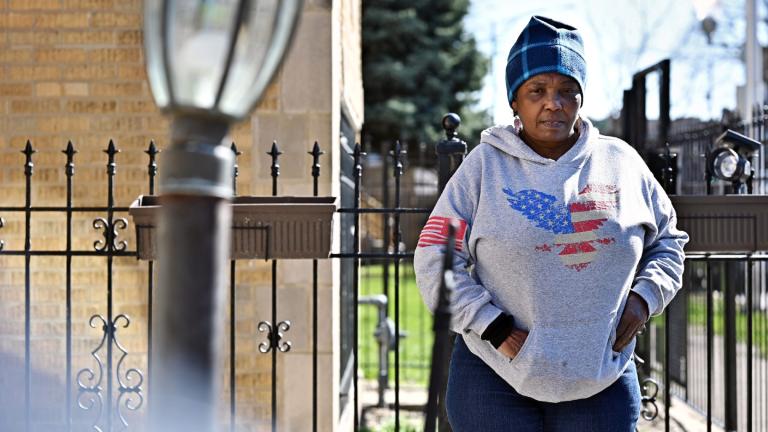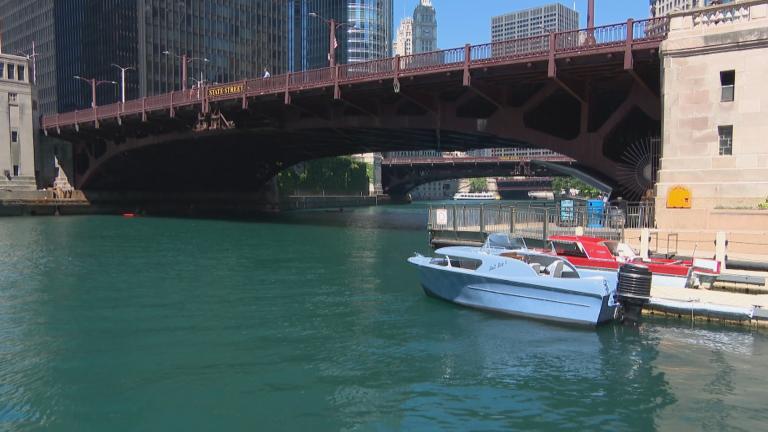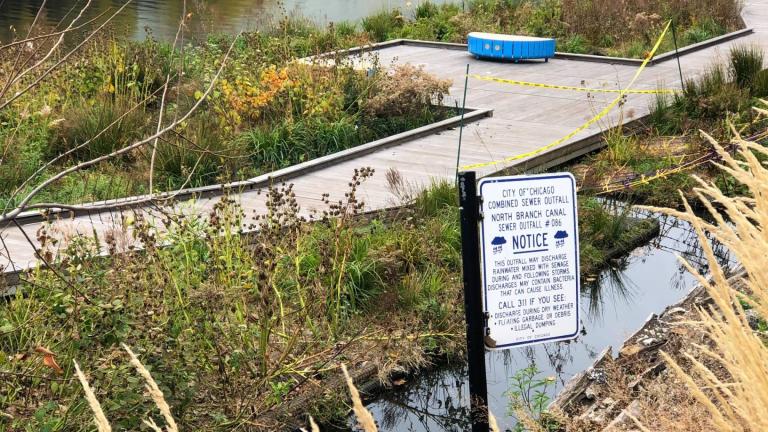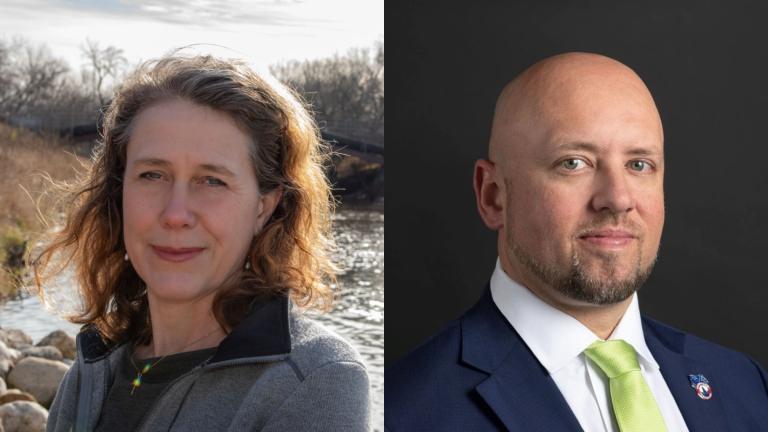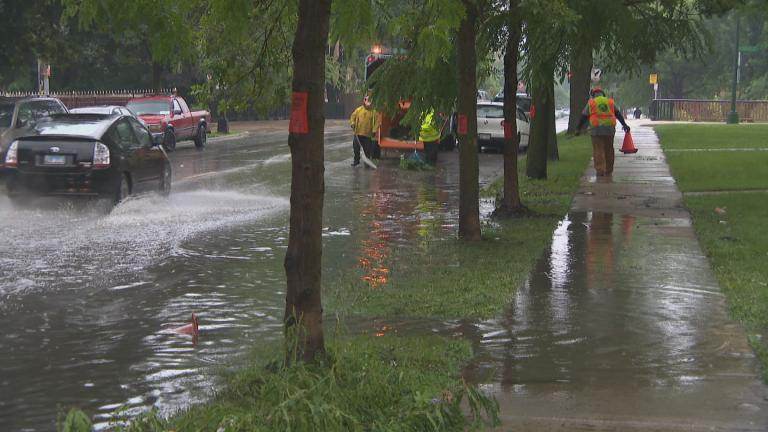The Metropolitan Water Reclamation District has been called the most important government agency that nobody knows about. The agency treats stormwater and wastewater for more than 5 million people in Cook County. One of the methods to treat that water is a surprising way to reuse a byproduct from the creation of a very popular beverage: locally brewed beer, which wouldn’t exist without a clean water supply.
“Water is the No. 1 ingredient in our beer. We use Lake Michigan water,” said Josh Deth, Revolution Brewing’s self-proclaimed chairman of the party.
That’s why when the Metropolitan Water Reclamation District approached Revolution Brewing about taking some of the byproduct from the brewery off its hands, Deth and his colleagues were all ears.
The brewery’s No. 1 byproduct is spent grain, which the brewery had already been sending to a farmer to use as cattle feed. The second-biggest byproduct, the one that MWRD came calling for, is spent yeast.
“The yeast is the primary agent of fermentation in the beer,” Deth said. “The yeast consumes sugar that comes from the barley grains that we use, and it turns it into alcohol and carbon dioxide. It’s a biological reaction that takes a week or so for it to do its work, and when it’s done, it falls to the bottom of the tank.”
Revolution now has a huge tank dedicated just to holding spent yeast.
“Previously we would have … just put it down the drain and had to flush it down with some extra water, send it out through the city sewer system,” Deth said. “This program … was a way to repurpose that ingredient to give it a higher purpose.”
That purpose: using the carbon-rich spent yeast to reduce the amount of phosphorus in the water MWRD treats. If there’s too much phosphorus in the water, that can feed microorganisms that can harm waterways.
“They want to eat, and they want to reproduce,” said Michael Goldrich, MWRD supervising environmental specialist. “When they reproduce, you end up with things like algal blooms that can then lead to fish kills and can lead to dead zones.”
On a recent Thursday, a truck full of spent yeast arrived at the MWRD’s more than 400-acre Stickney facility in Cicero. A hose connected the tanker to an underground receptacle for the spent yeast, and a staffer tested that the material from the brewery is safe.
“I remember when the first trucks came in, we kind of joked and said, ‘Should we bottle that?’ Because it smells really good!” Goldrich said.
WTTW News can confirm the spent yeast does have the delicious aroma of beer.
Using the fragrant byproduct is one way the MWRD said it wants to move away from a mindset of water treatment to resource recovery. Even the phosphorus that the MWRD wants out of the water is being reused to make fertilizer.
“It’s this idea of recycling materials, recovering things that you would have thrown in the garbage,” Goldrich said. “Now we’re basically saying: Wait, I can reuse that for something else.”
At Revolution, Deth has helped encourage other local breweries to get involved in the resource recovery program, too.
“We actually save money by not having to pay as many sewer fees to the MWRD,” Deth said. “It made dollar sense for us as a company, in addition to making good environmental sense.”
“As we’ve learned from cities like Jackson, Mississippi, or even closer to Chicago in some of our southern suburbs, water is not always a given,” said MWRD Commissioner Kimberly Du Buclet. “We are very lucky to have that (Lake Michigan) water supply close to us, and we need to not take it for granted.”
The resource recovery program first started in 2017. In addition to spent yeast, the MWRD can also accept grains and hops from breweries and other materials from food-processing facilities. MWRD leaders said they want to keep the momentum from innovative programs like this one going.
“We’re looking at other ways to partner with other industries and other companies to use this resource, so we can all have a win-win situation,” Du Buclet said.
Contact Nick Blumberg: [email protected] | (773) 509-5434 | @ndblumberg

